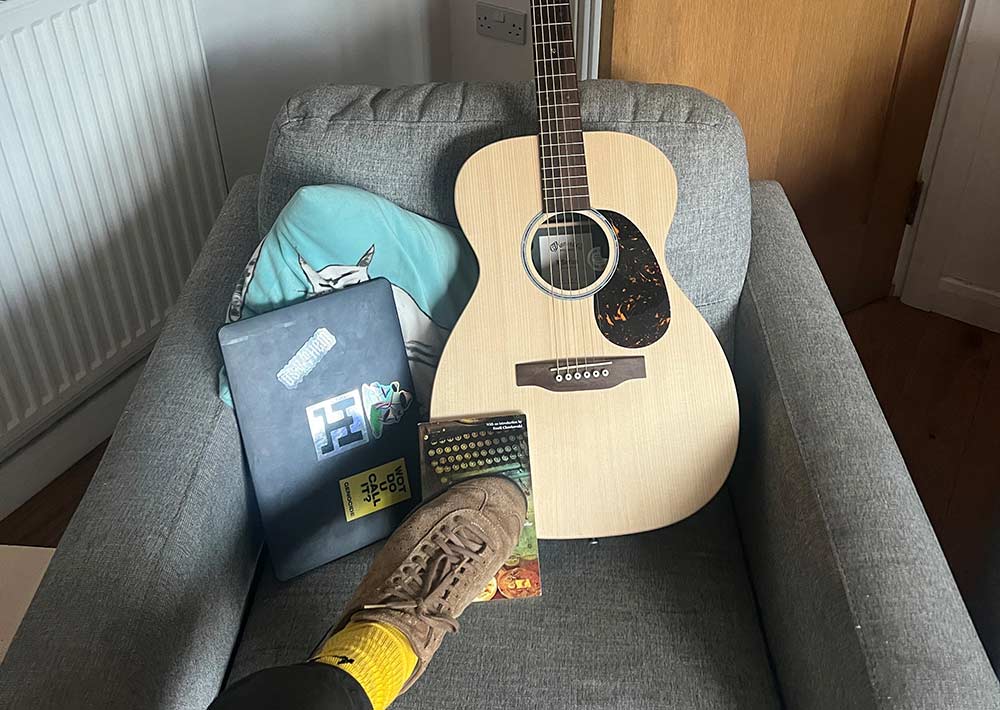
Sydney Minsky Sargeant: “I find really important. It’s vital for me to get out of the house, move about, see the world outside my window and find inspiration in the subconscious.”
With a debut solo album under his belt, the Working Men’s Club songwriter reveals the essential tools of his trade
Sydney Minsky Sargeant, known for his work as the driving force behind Working Men’s Club, steps into solo territory with the release of Lunga, a debut album that charts a deeply personal musical journey. Raised in Todmorden, West Yorkshire, Sargeant has already made a name for himself with his boundary-pushing synth-driven rock band. Lunga, however, presents a different side: a collection of 12 songs that weave intimate guitar work, subtle electronic textures, and reflective lyricism, revealing the evolution of tracks written over many years, from adolescence to the present. The album is both a quiet refuge and a statement of creative independence.
Here, Sargeant opens his Songwriting Survival Kit – the tools and rituals that sustain his process – offering a rare glimpse into the practical and emotional architecture behind his work.
Discover more Songwriting Survival Kits
1. COMPUTER/PHONE/TAPE MACHINE/INTERFACE (ANY TYPE OF AUDIO RECORDING DEVICE)
I’m a firm believer in music and songwriting not being exclusive to any demographic of people. Anyone can do it, and a lot of the time, the less you have, the better – and that’s coming from someone with a lot of stuff (probably too much).
All you need to write a good song is your brain; if it’s really fucking good, then you’ll remember it. However, I do think it’s vital to document the writing process with whatever you have to hand, whether it be a phone/computer/tape machine etc. I live with music for a long time before I determine it to be of use or not.
I’m not saying that’s healthy but, when writing albums, everything is valid whether it gets used or not. Everything you make informs the next thing. I know people who delete stuff immediately if they don’t like it or aren’t vibing on it, I also think that’s healthy but I’m not that type of person. I find reflection and listening back to old work helpful and grounding. Having a good storage/backup system is important, but as I said before, if the song is good, it will always live on (whether that’s in a hard drive or in your memory).
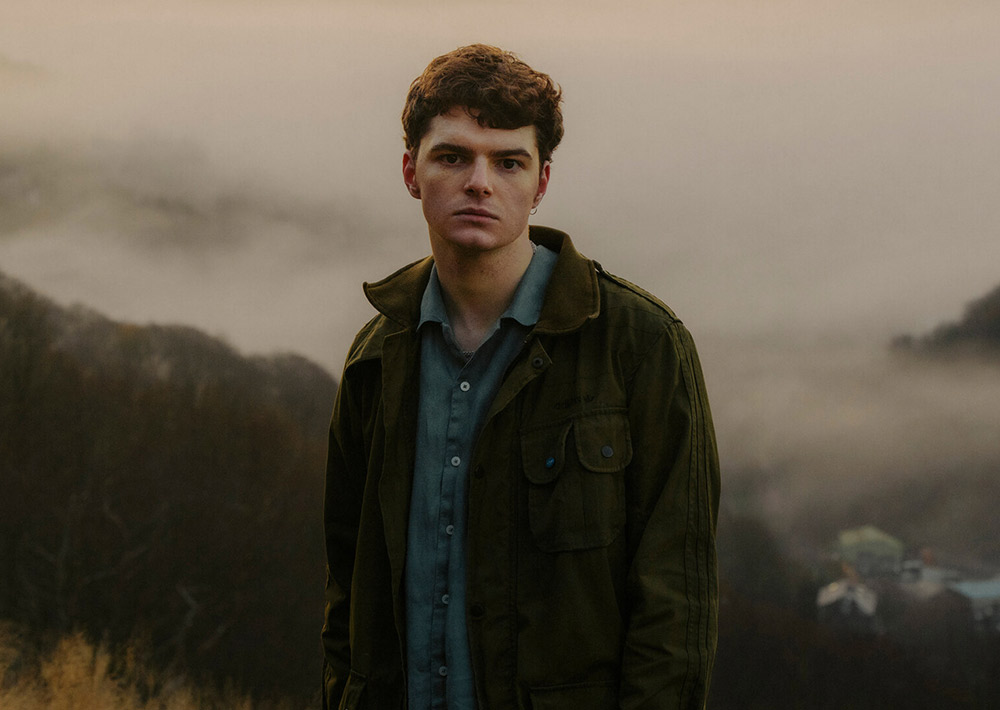
Sydney Minsky Sargeant: “I find reflection and listening back to old work helpful and grounding.” Photo: Max Miechowski
A producer friend of mine once said that the minute you open the computer and start a session, the production has begun, which I agree with. We live in an age where the studio is more accessible than ever before, and that is where I think the technological revolution has played a vital role for the better. However, all you need is an idea and the will to execute – anyone can write or produce, even if you have nothing. It’s just about believing in your imagination and embracing whatever ideas come to mind, and finding a way to turn them into reality.
2. GUITAR
I think the guitar is my strongest instrument. I always tend to come up with my most fully formed ideas when I’m outside of my studio, sitting with a guitar (of any kind), getting lost in thought. More often than not, these ideas tend to become the most melodically interesting songs that I write. This is because when I’m writing with a guitar, I feel confident and able to explore with feeling and a level of functional skill that I can’t approach other instruments with.
Over the years, I have realised that just because a song is written on guitar, it doesn’t mean it’s got to be a “guitar-driven” tune, it just tends to be the best way for me to get the bones of a song down and focus solely on the writing without becoming distracted.
3. RUNNING/WALKING SHOES
Going out on regular walks, going to the gym, exercising, etc, I find really important. It’s vital for me to get out of the house, move about, see the world outside my window and find inspiration in the subconscious. As pretentious as that sounds, I think it’s really important to practice some form of mindfulness because that’s often when and where my creative ideas, thoughts and feelings blossom; in daydreams. I feel healthier for it, in my body and my mind.
4. BOOKS (SPECIFICALLY FICTION)
Reading is something I dip in and out of. When I do read, my vocabulary gets better, I remember my dreams, and tend to feel more at one with life (similar to exercise). Apparently, if you read fiction for 30 minutes a day, you become more empathetic. Whether or not that’s true, it definitely broadens my imagination and adds to my perspective of other people and the world around me. Seeing the world through someone else’s lens is always food for thought.
Some books I’ve recently enjoyed reading are Sombrero Fallout by Richard Brautigan, Hollywood by Charles Bukowski, Butter by Asako Yuzuki, The Grass Arena by John Healy, Base Notes by Adelle Stripe, and The Bandini Quartet by John Fante.

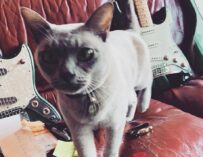
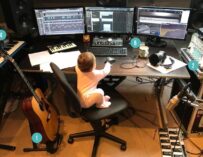
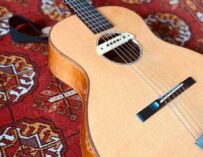



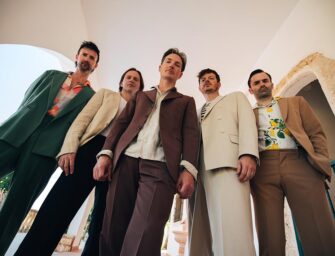

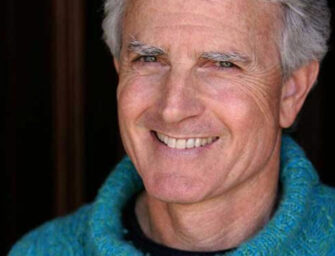

























Related Articles